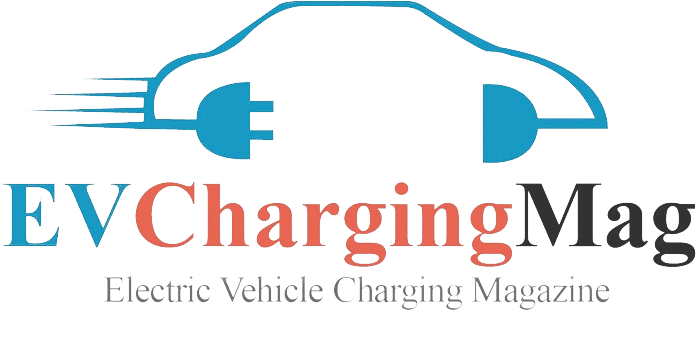The US Department of Defense has added CATL, the world’s largest electric vehicle (EV) battery manufacturer, to its list of “Chinese military companies.” While this designation does not constitute an outright ban or impose immediate sanctions, it raises significant concerns about potential disruptions to the global EV supply chain and the pace of EV adoption.
Potential Disruption to the EV Supply Chain
CATL’s position as the world’s leading EV battery manufacturer makes this designation particularly impactful. Its batteries power a wide range of EVs from major automakers like Tesla, Ford, Volkswagen, and BMW. This designation could disrupt the global EV supply chain, potentially affecting the production and availability of electric vehicles in the US market and beyond. This action appears to represent an escalation of previous US policies, such as EV tariffs, now directly targeting a key component supplier to the global auto industry.
The Basis of the Designation and Previous Precedents
This designation originates from a 2020 executive order that restricts US companies from investing in entities with ties to the Chinese military. While the designation itself doesn’t impose direct sanctions, it creates a challenging environment for affected companies. DJI, a drone manufacturer added to the list in 2022, reported blocked imports, lost business deals, and reputational damage due to this designation. This sets a concerning precedent for CATL.
However, precedent exists for removal from the list. The US removed Chinese phone maker Xiaomi just months after adding it in 2021, illustrating that the list can be subject to change.
CATL’s Response
CATL has publicly stated its intent to challenge the designation. CATL spokesperson Fred Zhang stated that the company’s inclusion was “a mistake,” adding that “CATL is not engaged in any military related activities.”
Potential Impact on the EV Transition
Given CATL’s dominant role in the EV battery market, significant concern exists that this action could have broader implications for the global EV transition. The potential for supply chain disruptions raises questions about the pace and affordability of EV adoption worldwide. This designation could also be interpreted as a more aggressive approach toward the Chinese auto industry, moving beyond tariffs to target key components and manufacturing.

